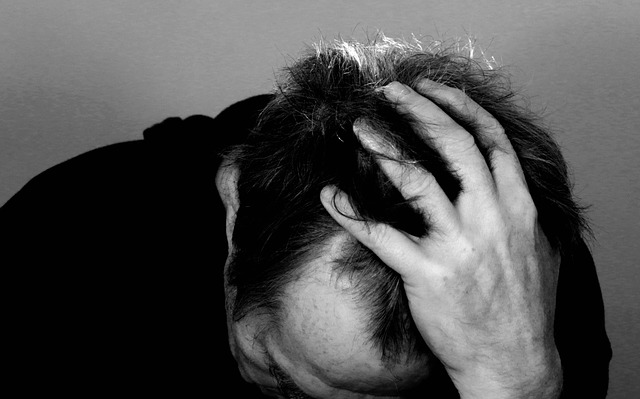Bankruptcy can provide relief for individuals and businesses who are experiencing financial distress by providing a way to eliminate or restructure debts.
Category: Bankruptcy
Stop Debt Collector Calls: Utah Bankruptcy
Filing for bankruptcy can provide relief from harassing calls from debt collectors and give you the opportunity to get a fresh start with your finances.
Bankruptcy & Foreclosure: Utah Bankruptcy
If you’re facing a Utah foreclosure and you’re unable to work out a loan modification or other resolution with your lender, a Utah bankruptcy may be an option to consider.
5 Tips: Utah Bankruptcy
If you’re facing financial difficulties, it’s important to consider all of your options, including bankruptcy, and to speak with a Utah bankruptcy attorney early in the process who can help you understand your options and make the best decision for your situation.
How Does Bankruptcy Feel: Utah Bankruptcy
Filing for bankruptcy can be a difficult and stressful experience for some people. It is normal to have a range of emotions afterward. Here are some common feelings that people have told us they experienced after filing for bankruptcy:
Student Loans: Utah Bankruptcy
Filing for a Utah bankruptcy may impact your ability to get a student loan, but it’s not an automatic disqualification.
Debts and Military Service: Utah Bankruptcy
Too much debt may affect your eligibility to join the military or obtain a security clearance. The military requires applicants to have a certain level of financial responsibility, and excessive debt may be viewed as a potential liability.
Why Bankruptcy? Utah Bankruptcy
Utah bankruptcy laws exist to provide individuals and businesses with a legal process to get relief from overwhelming debt and to promote fairness, encourage credit, and provide stability to the economy.
Crushing Debt: Utah Bankruptcy
While filing for a Utah bankruptcy can have some negative consequences, there are also several ways that bankruptcy can help with crushing debt.
Good Option: Utah Bankruptcy
Utah bankruptcy is a legal process that allows individuals or businesses to eliminate or repay their debts under the protection of the court. It’s not a decision to be taken lightly, and there are various factors to consider before filing for bankruptcy.









